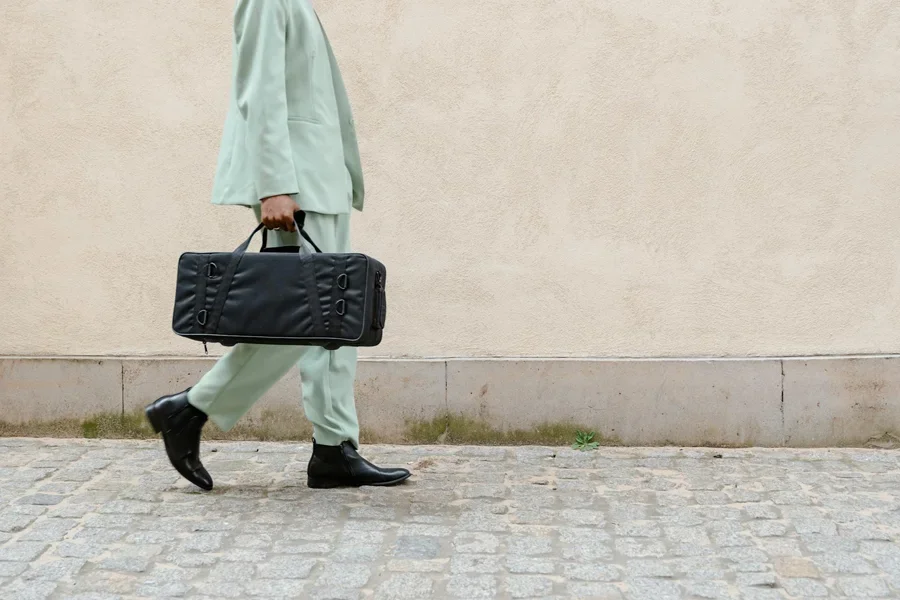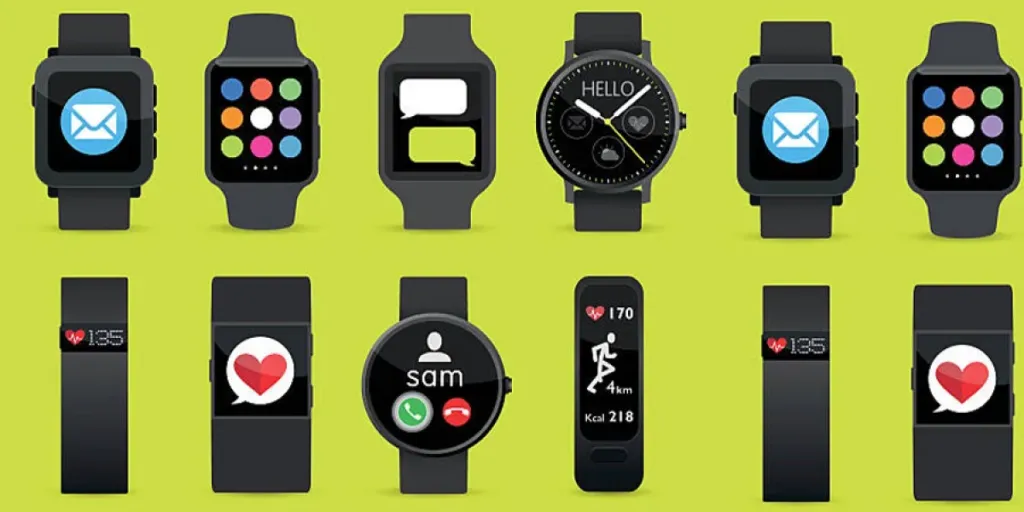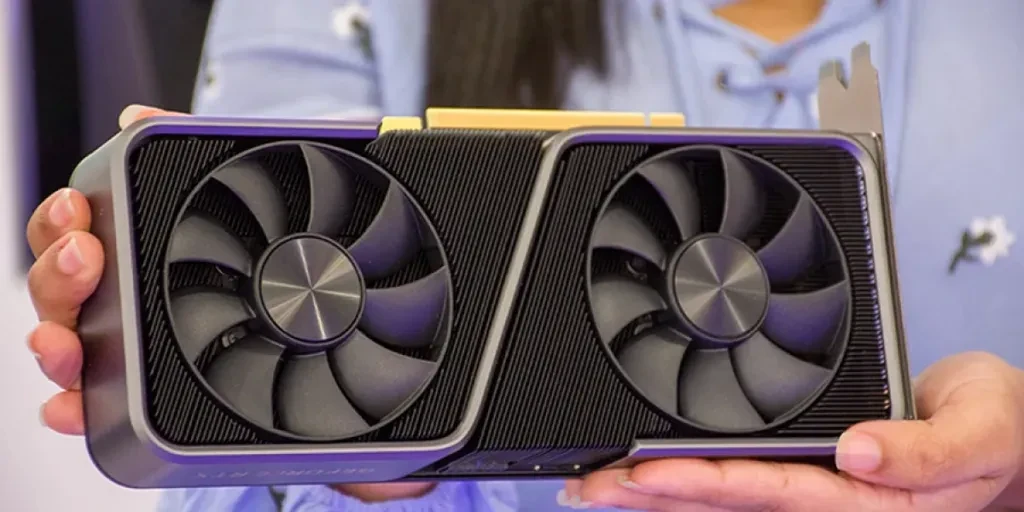Table of Contents
● Introduction
● Market overview
● Things to consider when selecting carrying cases
● Different types of carrying cases and their features
● Conclusion
Introduction
In today’s business landscape, carrying cases are indispensable tools, transcending mere utility to play pivotal roles in organisational efficiency, asset protection, and brand professionalism. These cases are not just accessories but essential companions in the daily operations of businesses, offering tailored solutions to safeguard delicate equipment during transit or streamline travel for on-the-go professionals. Join us as we explore the critical role of selecting the right carrying case for business needs, empowering organisations to optimise functionality and enhance their professional image.

Market overview
The global carry cases market has shown significant growth and is expected to continue expanding. In 2023, the market size was valued at USD 8.4 billion, and it is projected to reach USD 15.2 billion by 2032, with a Compound Annual Growth Rate (CAGR) of 5.4%, according to GlobeNewswire. This robust growth is driven by the increasing demand for protective and organisational solutions for electronic devices, professional tools, and personal belongings. As businesses and consumers alike seek high-quality carrying solutions, manufacturers are focusing on innovation, integrating advanced materials and ergonomic designs to meet evolving needs. This trend is also fueled by the rising adoption of remote work and business travel, which necessitates durable and functional carry cases.
Market changes reflect a shift towards more sophisticated and versatile carrying solutions. According to IMARC Group, the carry cases market, which reached USD 7.5 billion in 2023, is witnessing advancements in materials such as reinforced plastics, ballistic nylon, and eco-friendly options like recycled polyester. These materials offer enhanced durability, protection, and sustainability, catering to the growing consumer preference for environmentally responsible products. Additionally, the integration of smart features, such as built-in charging ports and RFID protection, is becoming more common, adding value to carrying cases and driving the market growth. As the market continues to evolve, the focus on innovation and sustainability is expected to remain central, shaping the future of carry cases in the consumer electronics and business sectors.

Things to consider when selecting carrying cases
Material quality and durability
When selecting carrying cases, material quality and durability are paramount. High-quality materials such as reinforced plastics, ballistic nylon, and vegan leather offer superior protection against daily wear and tear. These materials are resistant to scratches, tears, and water damage, ensuring that the cases can withstand harsh environments and frequent use. For example, ballistic nylon is known for its ruggedness and longevity, making it an excellent choice for professionals who need reliable protection for their equipment. Vegan leather, on the other hand, provides a durable yet stylish alternative to traditional leather, maintaining a sophisticated appearance while offering resistance to environmental elements. Choosing durable materials ensures that carrying cases provide long-term protection for valuable business assets, reducing the need for frequent replacements.
Customization and branding options
Customization and branding options are crucial for businesses looking to reinforce their brand identity. Carrying cases that can be personalized with logos, colors, and design elements help promote the company’s brand and create a professional image. Options such as logo embroidery, printed graphics, and removable branding plates allow businesses to tailor their cases to reflect their corporate identity. Customizable cases not only enhance the aesthetic appeal but also serve as marketing tools, making a lasting impression on clients and stakeholders. By investing in branded carrying cases, businesses can improve brand visibility and convey a sense of professionalism and attention to detail.
Compliance with industry standards
Ensuring that carrying cases comply with industry standards and regulations is essential for businesses operating in regulated sectors. Industries such as healthcare, aerospace, and defense have specific requirements for the safe transportation of sensitive equipment and materials. Carrying cases must meet standards such as ISO certifications, FAA regulations, or MIL-SPEC requirements to ensure compliance. This adherence to industry standards guarantees that the cases provide the necessary protection and security for valuable assets. Verifying compliance during the selection process helps businesses avoid potential risks associated with non-compliance, ensuring safe and secure transportation.
Ergonomics and ease of use
Ergonomics and ease of use significantly impact the functionality of carrying cases. Features such as padded shoulder straps, ergonomic handles, and adjustable grips enhance user comfort, especially during extended periods of carrying. Intuitive design elements like well-organized compartments and easy-access pockets facilitate efficient organization and quick retrieval of items. For business professionals who frequently travel or commute, ergonomic carrying cases can reduce strain and fatigue, improving overall productivity. Selecting cases with user-friendly designs ensures that employees can transport their equipment comfortably and efficiently, enhancing their work experience.
Protection and security features
Protection and security features are critical considerations when choosing carrying cases. High-quality cases are designed to safeguard equipment from damage, loss, or theft. Features such as lockable zippers, anti-theft compartments, and impact-resistant shells provide enhanced security for valuable assets. Reinforced corners and shock-absorbing materials offer additional protection against impacts and environmental elements. For businesses that transport sensitive information or expensive equipment, these protective features are indispensable. Choosing cases with robust security measures ensures that business assets remain intact and secure during transit, providing peace of mind for both employees and employers.
Environmental sustainability
As businesses increasingly prioritize sustainability, the environmental impact of carrying case materials is an important consideration. Eco-friendly options such as recycled plastics, organic cotton, and vegan leather offer sustainable alternatives to traditional materials. These materials are derived from renewable resources and have lower environmental footprints, aligning with corporate social responsibility goals. By opting for sustainable carrying cases, businesses can reduce their carbon footprint and demonstrate a commitment to environmental stewardship. Sustainable materials not only benefit the environment but also appeal to eco-conscious clients and stakeholders, enhancing the company’s reputation.

Different types of carrying cases and their features
Durable equipment cases
Durable equipment cases are essential for businesses needing robust protection for valuable equipment such as laptops, tablets, and specialized tools. These cases are typically made from reinforced plastics, aluminum, or high-density foam to provide superior protection against impacts, shocks, and environmental elements. For instance, ballistic nylon and polycarbonate offer exceptional strength and durability, ensuring that equipment remains safe during transportation and storage. These materials are also resistant to scratches, tears, and water damage, making them ideal for harsh environments and frequent use. By investing in high-quality, durable cases, businesses can ensure the longevity and security of their equipment, minimizing the risk of damage and loss.
Customizable branding cases
Customizable branding cases are designed to enhance a business’s professional image and brand recognition. These cases can be personalized with features such as logo embroidery, printed graphics, or removable branding plates. Customization not only promotes the company’s brand but also adds a touch of professionalism and attention to detail. These cases can be tailored to match corporate color schemes and design preferences, creating a cohesive and visually appealing presentation. By incorporating branding elements into carrying cases, businesses can make a lasting impression on clients and stakeholders, reinforcing brand identity and professionalism.
Regulation-compliant cases
For businesses operating in regulated industries, ensuring compliance with industry standards and regulations is crucial when selecting carrying cases. These cases must meet specific requirements, such as ISO certifications, FAA regulations, or MIL-SPEC standards, to ensure the safe and secure transportation of sensitive equipment and materials. Compliance guarantees that the cases provide adequate protection and security, minimizing risks associated with non-compliance. For example, carrying cases used in the healthcare sector may need to meet stringent sanitation and material standards, while those in aerospace or defense might require additional impact resistance and security features. Selecting regulation-compliant cases ensures that businesses adhere to industry standards and maintain the integrity of their operations.
Ergonomic and user-friendly cases
Ergonomic and user-friendly cases are designed to enhance employee comfort and productivity. These cases feature padded shoulder straps, adjustable handles, and ergonomic grips to reduce strain and fatigue during extended use. For business professionals who frequently travel or commute, such ergonomic designs are essential for maintaining comfort and efficiency. Additionally, these cases often include well-organized compartments and easy-access pockets, allowing for efficient organization and quick retrieval of items. By choosing ergonomic and user-friendly cases, businesses can ensure that their employees can transport equipment comfortably and safely, improving overall productivity and job satisfaction.
Carry-on travel bags
Carry-on travel bags are specifically designed to meet the needs of business travelers. These bags prioritize organization, durability, and compliance with airline regulations. Features such as multiple compartments, padded laptop sleeves, and designated pockets for documents, electronics, and accessories ensure easy access and efficient storage. TSA-friendly designs, including dedicated laptop compartments that can be unzipped and laid flat for X-ray screening, streamline the security process. Durability is also a critical consideration, with high-quality materials like ballistic nylon and reinforced polyester providing protection against wear and tear. Carry-on bags with lockable zippers, anti-theft compartments, and ergonomic handles offer added security and comfort, making them ideal for frequent travelers.
Eco-friendly carrying cases
Eco-friendly carrying cases cater to environmentally conscious businesses seeking sustainable solutions. These cases are made from materials such as recycled polyester, organic cotton, and hemp, which have a lower environmental impact compared to traditional materials. Sustainable materials are derived from renewable resources, require less energy and water to produce, and biodegrade naturally, making them environmentally responsible choices. By opting for eco-friendly cases, businesses can reduce their carbon footprint and demonstrate a commitment to sustainability. These cases not only support environmental goals but also appeal to eco-conscious clients and stakeholders, enhancing the company’s reputation and aligning with corporate social responsibility initiatives.
Conclusion
Choosing the right carrying case for business needs is a multifaceted decision that requires careful consideration of various factors. Businesses can select carrying cases that align with their specific requirements and preferences by prioritizing durability, customization options, compliance with industry standards, and ergonomic design features. Moreover, addressing the unique needs of business travelers, such as organization features, TSA-friendly designs, and durability for frequent travel, is essential for optimizing functionality and comfort during transit. Additionally, understanding the properties and benefits of different bag-making fabrics allows businesses to choose environmentally-conscious solutions that minimize their carbon footprint and promote sustainability. Ultimately, investing in high-quality carrying cases enhances operational efficiency and asset protection, reinforces brand identity, and demonstrates a commitment to professionalism and environmental responsibility. With the right carrying cases in hand, businesses can navigate the challenges of modern business with confidence, efficiency, and style.




